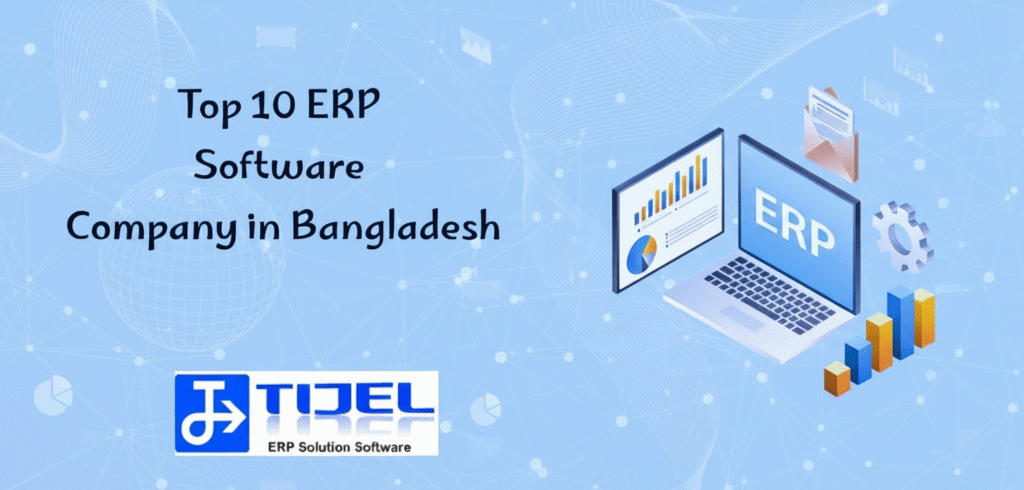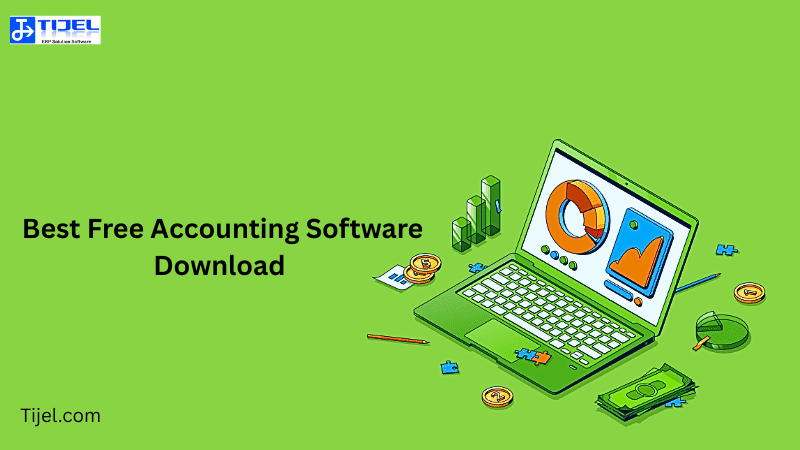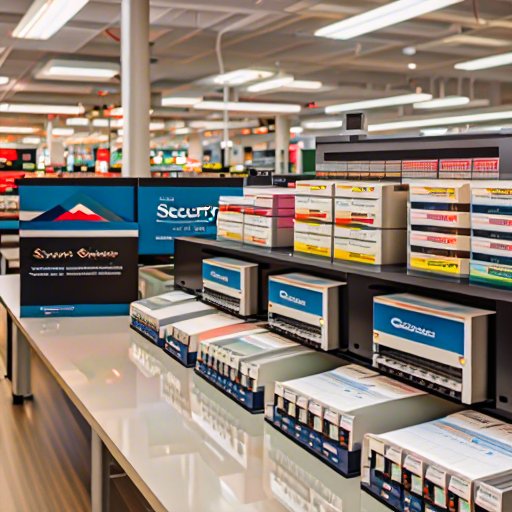
Nowadays, small businesses in Bangladesh face growing complexity. From managing inventory and billing to payroll and accounting — the manual Excel sheets and standalone software just don’t cut it anymore. An ERP (Enterprise Resource Planning) system unifies all those functions into one platform — giving you control, visibility, and efficiency. For example, one study of Bangladeshi SMEs noted that ERP gives “cost savings, improved financial management and centralised data” among its top benefits. If you run a retail shop, warehouse, textile business or any SME in Bangladesh, this blog will walk you through what to look for, and why a system like Tijel ERP is especially relevant.
What Does “Best ERP Software” Look Like for SMEs in Bangladesh?
When you evaluate an ERP solution for your small business, focus on these six core attributes:
Localisation & Compliance
Should support Bangladeshi tax/VAT rules, bank reconciliation, local currency.
The product site of Tijel ERP mentions explicitly it’s “designed for companies in Bangladesh.
Modular but Simple
Your business may not need enterprise-scale modules yet. The best SME-ERP allows you to start with key modules (Accounting, Inventory, POS), then scale.
One local review of ERP implementation in Bangladesh emphasises the need for “lightweight, affordable, user-friendly system tailored for SMEs.
Unified Platform
Accounting + Inventory + Sales + POS + Payroll all integrated. No silos.
Example: A blog post notes that ERP in Bangladesh allows “real-time data from various departments” so management can decide faster.
Growth Friendly & Scalable
Your business will grow. The ERP should scale without requiring a full replacement.
Many small businesses stop using systems because they “outgrow” them too fast.
Affordable & Transparent Pricing
Upfront costs, training costs, customization costs need to be clear.
Tijel’s site says: “Training, Report template design and customizations will be done at extra cost.
Strong Implementation & Support
Localised support, training, minimal disruption are key.
Without this, even a good system will fail to deliver ROI.
Key Features Every Small Business Should Check
Here’s a bullet list of must-have features for SMEs in Bangladesh:
- Real-time dashboard: Sales, Inventory, Cash-flows
- Multi-warehouse & stock-location support
- POS (point-of-sale) integrated with inventory and accounting
- Invoicing / Receipts / Expense tracking
- Payroll & staff management (for businesses with employees)
- Bank & mobile wallet transactions (important locally)
- Report templates and analytics (profit & loss, stock ageing)
- VAT/tax compliance localised to Bangladesh
- Export / import (if relevant)
- Mobile/remote access (for on-the-go monitoring)
- Data backup & security
For example, one Bangladeshi SME-ERP case lists:
“Point of Sale (POS) … Inventory Management … Accounting & Finance … Localised Customisation” Accountingsoftbd.com
Why Tijel ERP Is a Strong Option for SMEs in Bangladesh

Here are specific reasons why Tijel ERP ticks many of the boxes:
- It explicitly markets itself as “Accounting POS Inventory Software in Bangladesh”.
- Localised modules: For example, textile & clothing industry version is covered – showing industry-fit.
- Free download/trial option (helps small businesses test with low risk).
- Covers multiple modules: accounting, billing, inventory, POS, payroll.
But — remember: Implementation cost, customization cost, training still matter. The “extra cost” for customization is stated. So ensure you budget for total cost of ownership, not just software licence.
How to Choose & Implement the ERP: Step-by-Step
Here’s a roadmap you can follow:
- Map Your Current Process
- Document your sales, purchase, inventory, billing, payroll flows.
- Identify pain points: e.g., “stock-outs happen twice a month”, “billing errors high”, “manual reconciliation takes 3 days”.
- Define Your Requirements & Budget
- Choose modules you need now vs later.
- Set budget: licence + implementation + training + maintenance.
- Short-list Vendors
- Include local players like Tijel ERP.
- Request demo, check references.
- Pilot & Test
- Run with one warehouse/branch for 1–2 months.
- Check data migration, staff training, system adoption.
- Full Roll-out & Training
- Roll-out step-by-step, monitor key metrics (billing time, stock errors, reconciliation time).
- Train key users; create SOPs.
- Measure ROI & Continuous Improvement
- After 6–12 months measure metrics: reduction in manual work, fewer stock‐outs, faster closing.
- Adjust modules/customisations as needed.
Frequently Asked Questions (FAQ)
What is an ERP and why do I need it for a small business in Bangladesh?
An ERP is software that integrates all key business functions (sales, inventory, accounting, HR) into one system. For a small business in Bangladesh, it helps you stop using disconnected spreadsheets, reduce errors, speed up processes, and gain real-time insights
How much does it cost to implement an ERP for a small business in Bangladesh?
Costs vary widely depending on modules, customisation, vendor support. Some solutions offer low monthly fees or trials for SMEs. Always check license cost + implementation + training + customisation + ongoing support.
Can I start small and scale later?
Yes — choose an ERP that supports modular growth. You can begin with core modules (POS, inventory, accounting) and later add payroll, manufacturing, etc.
What are common mistakes when implementing an ERP?
According to industry commentary: insufficient planning, not involving key stakeholders, under-budgeting training/configuration. > “Insufficient planning and preparation … Not clearly defining project goals, scope and timeline”
How soon can I expect benefits after implementation?
A: It depends on the size, scope and adoption. Many SMEs start seeing operational efficiencies (eg fewer stock errors, faster billing) within 3–6 months. ROI often shows in 6–12 months.
Call to Action (CTA)
Ready to give your business the competitive edge it needs? Click below to download the free trial of Tijel ERP and schedule a 30-minute demo with their team to see how your business can be transformed.
call +8801967227788 to book your demo.



